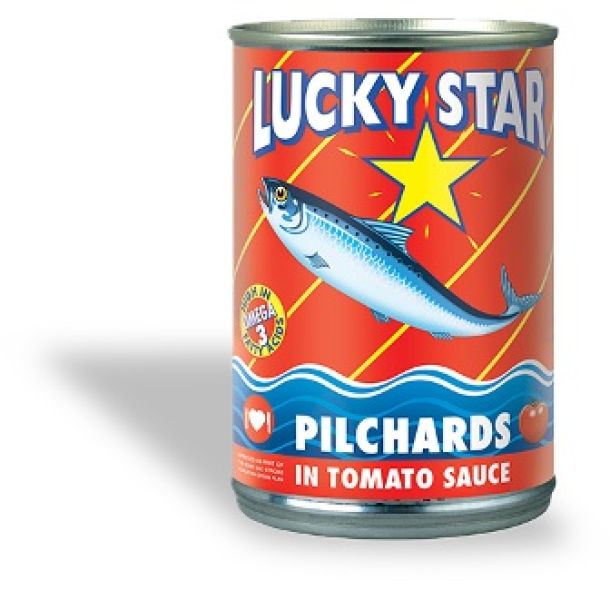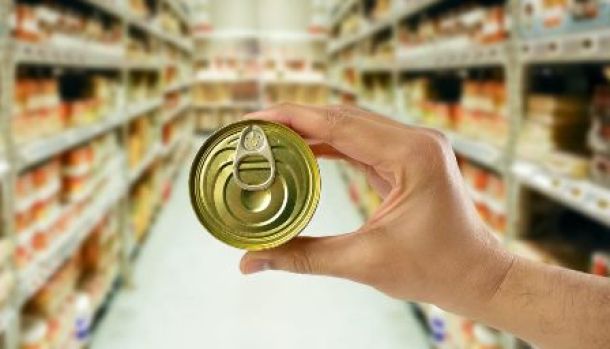Is up-selling to blame for Britain’s obesity epidemic?
As the obesity crisis worsens, campaigners are calling on supermarkets, along with restaurants and cafés, to stop misleading consumers by up-selling sugar and fat-laden extras.
With so many misconceptions about what constitutes healthy food, retailers must work hard to ensure their own ranges are clearly labelled and contain quality ingredients, says Josie Crawley, solutions consultant at private brand grocery specialist Solutions for Retail Brands (S4RB).
Anyone who has ever tried to maintain a healthy lifestyle will understand how difficult it can be to make a truly informed choice. News reports about what is good and bad for us seem to change daily, whether it is sugar, saturated fats, protein or so-called super foods. Given the complexity of the human body, it’s likely that we all process food differently. Variations in our genetics or gut bacteria, for example, are believed to affect everything from our metabolism to cholesterol levels.
Of course, I’m not a dietician – however the health food industry is big business and we are constantly bombarded with claims about what’s good for us. Manufacturers and retailers certainly know how to appeal to our sense of what will improve our health with pictures of fresh ingredients on the packaging and trigger words like ‘organic’, ‘fresh’ and ‘raw’. However, unless you study what’s actually in the products you buy, it’s easy to believe something is healthy when it’s anything but.
Recently, I noticed just how much the high-protein trend had taken hold when I visited my local corner shop. Displayed on the counter was a box of protein bars, ostensibly aimed at people who enjoy weight training and other sports. But while most people know that a standard chocolate bar is not classed as ‘healthy’, they might think the high-protein one is. Those looking to increase muscle and lose fat could be drawn to the protein, unaware that this bar also contains 9.5g of sugar.
Until recently, the protein diet was the preserve of body builders and athletes, who would eat copious amounts of eggs, chicken and protein. Now it’s the norm for many people who want to lose weight and increase muscle definition, with advocates saying it keeps them fuller for longer compared to carbohydrates.
It didn’t take the food industry long to respond with a stream of protein-rich food. Pantry staples like breakfast cereal, cheese and even bread are now available with added protein and, by virtue of this one ingredient, it’s assumed they’re healthier. Moreover, people may actually be getting all the nutrients they need from say, meat and lentils without having to buy these often more expensive items.
Like busy shoppers in a supermarket, I don’t have time to wade through the nutritional values on every single item in their trolley. Isolating a single ingredient can lure the customer into believing the product, as a whole, is healthy. It doesn’t stop at protein either – in recent years, we’ve seen an explosion of ‘superfoods’ on the shelves and on our dinner tables, even if the term is, as Cancer Research UK states, ‘just a marketing tool, with little scientific basis’.
All this comes on top of the up-selling we experience almost daily in supermarkets, restaurants and cafés. Whether it’s buy-one-get-one-free offers on pizza or jumbo-sized coffees filled with syrup and full-fat milk, retailers have been accused of tricking people into making unhealthy choices. A study from the Royal Society of Public Health and Slimming World found that the sales tactic results in the average person consuming an extra 330 calories per week, or 17,000 per year. Worryingly, many are not even aware that they are eating so much more.
It doesn’t matter whether we are buying food with perceived health benefits or enjoying an occasional treat: consumers put a great deal of trust in manufacturers and retailers and they rarely have time to study the labels. Some will question marketing terms like ‘natural’, but many others will simply pick up products simply because they appear to be healthy.
Certainly, it’s not my intention to call out any food type or ingredient – however, it’s clear that the industry has a responsibility to provide transparent information, while limiting the bold claims that can mislead customers. On-pack traffic lights are undoubtedly a positive step, though food manufacturers should now look to improve their recipes so they can add more green lights to their products – which in turn could boost sales.
With a sugar levy set to be introduced on soft drinks next year, the government is taking public health extremely seriously. Currently, there are no plans to introduce a similar tax for confectionary and other products, though it’s hoped that manufacturers will re-formulate their recipes to cut the number of calories being consumed.
Even without government intervention, there are commercial benefits in genuinely making products healthier. For private brand retailers, it means working with their suppliers to develop ranges that limit the use of salt, sugar and fat, without compromising taste and nutritional integrity. With effective labelling, outlining what each product contains, they are in a better position to inform customers, help them make healthier choices and build their trust and loyalty.
News Category
- International retailers
- On the move
- Awards and achievements
- Legislation
- Wine and liquor
- Africa
- Going green
- Supplier news
- Research tools
- Retailer trading results
- Supply chain
- Innovation and technology
- Economic factors
- Crime and security
- Store Openings
- Marketing and Promotions
- Social Responsibility
- Brand Press Office
Related Articles

Woolworths customers warm to Lucky Star

Woolworths recalls Country Road mugs that 'brea...

Springbok rugby star Manie Libbok partners with...

SA's largest poultry group plans tinned chicken...


